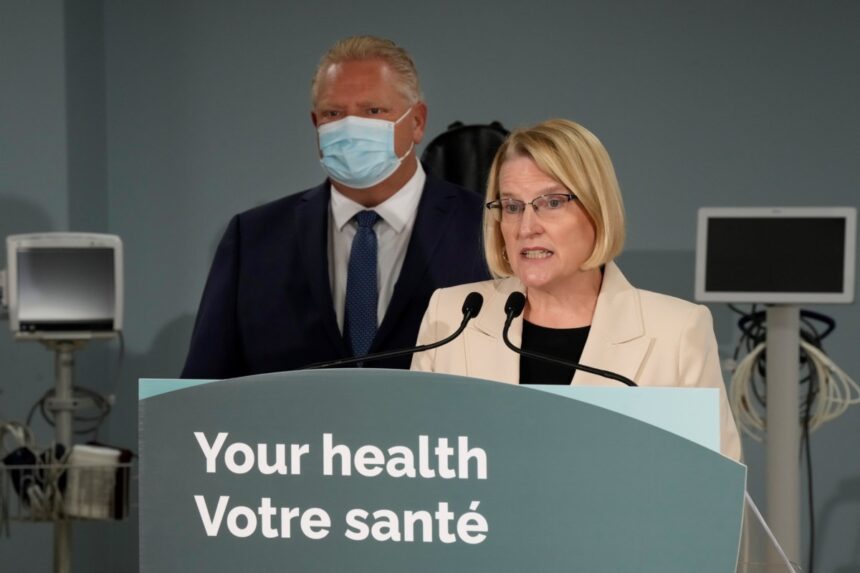I’ve been tracking Ontario’s healthcare evolution for nearly a decade, and yesterday’s announcement marks a significant shift in how orthopedic care might be delivered across the province. The Ford government has officially opened applications for private clinics to perform OHIP-covered orthopedic surgeries – a move that’s generating both hope and concern among Toronto’s medical community.
Health Minister Sylvia Jones framed the policy as a solution to surgical backlogs, stating that “Ontarians deserve to receive the care they need when they need it.” Under this new framework, private health facilities can now apply to become licensed for knee and hip replacements, with procedures fully covered by OHIP.
Dr. Melissa Ling, orthopedic surgeon at Toronto Western Hospital, told me the situation demands nuance. “Wait times for joint replacements can be devastating for patients’ quality of life,” she explained. “But the system needs proper oversight to ensure equitable access regardless of postal code or income.”
The policy arrives as Ontario faces a staggering surgical backlog. According to Ontario Health data, over 250,000 patients are currently waiting for procedures, with orthopedic surgeries among the most delayed. The average wait for a hip replacement in the GTA now exceeds 18 months – nearly double pre-pandemic times.
Toronto healthcare economist Dr. Nathan Singh cautions about potential ripple effects. “Every healthcare worker employed by these private centers is one not working in our public hospitals,” he explained during our conversation at a recent healthcare symposium. “The critical question is whether this truly expands capacity or simply reshuffles existing resources.”
Patient advocates like Toronto’s Healthcare Access Coalition express mixed feelings. “We desperately need solutions to reduce wait times,” says coalition director Samantha Wu. “But international evidence suggests privatization can create two-tier systems where those with means receive faster care.”
The province maintains strict guidelines will prevent inequities. Private clinics cannot charge patients extra fees for OHIP-covered services, must provide transparent billing information, and will face regular inspections.
For Toronto resident Marcus Chen, who’s been waiting 19 months for hip replacement surgery, the policy offers a glimmer of hope. “At this point, I just want my life back,” he told me while using a cane to navigate a local coffee shop. “If this means I can walk without pain sooner, I’m cautiously optimistic.”
Implementation timelines remain unclear, though Minister Jones suggested Ontarians could see expanded surgical options by early 2024. Clinics must first complete a rigorous application process demonstrating they meet quality standards and can integrate with existing healthcare networks.
The Ontario Medical Association has called for clear guardrails around the policy. “Maintaining quality of care must remain paramount,” stated OMA President Dr. Jasmine Goel in their official response. “We need assurance this approach will genuinely address surgical backlogs without compromising our public system.”
The policy’s rollout comes as healthcare systems worldwide grapple with pandemic-induced backlogs. Several European countries have temporarily incorporated private facilities into public systems with mixed results.
For Toronto’s medical community, questions about staffing loom large. “We’re already facing critical shortages of nurses and anesthesiologists,” notes Michael Rodriguez, head nurse at a downtown orthopedic unit. “If private clinics can offer better working conditions or higher pay, our hospitals could face further staffing challenges.”
As I’ve reported on healthcare trends, I’ve observed how policy shifts often produce unexpected consequences. Whether this approach successfully reduces wait times while maintaining equitable access remains to be seen. What’s certain is that Torontonians needing joint replacements will be watching closely as this policy takes shape in the coming months.
Application information for interested clinics is available through the Ministry of Health’s website, with the first wave of approvals expected by late 2023.







